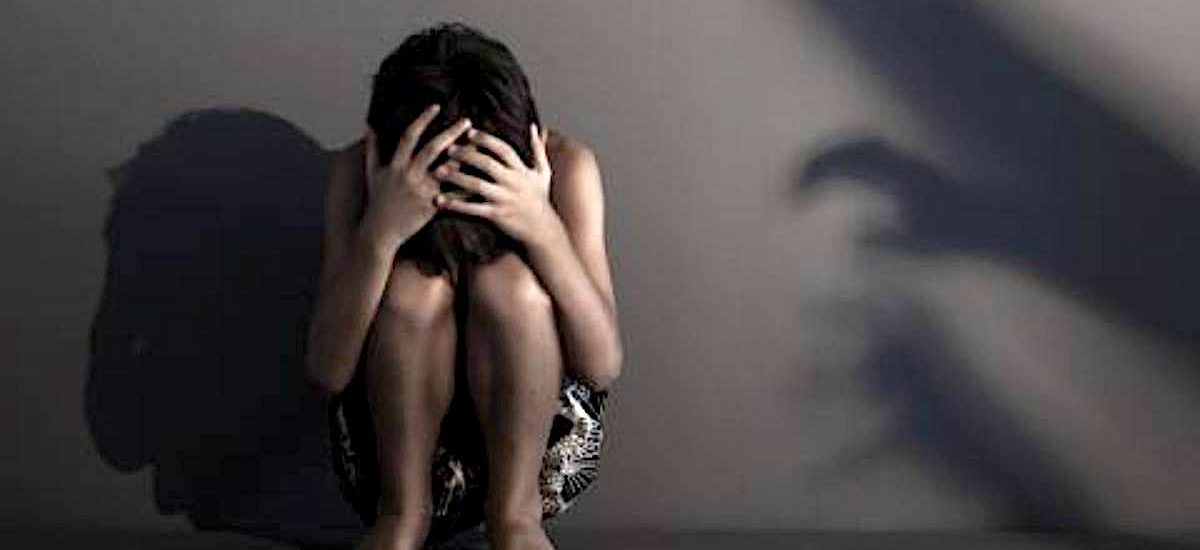Photo courtesy of The Morning
Today is Universal Children’s Day
This year the theme for Universal Children’s Day is equality and inclusion for every child. Every child regardless of class, color, creed or ethnicity is protected by the UN Convention on the Rights of the Child and entitled to the rights stated in the convention, which Sri Lanka ratified in 1991. A year later, Sri Lanka adopted the Children’s Charter to ensure that the articles of the convention would guide law reform and enforcement, policy formulation and resource allocation in the country. In the wake of a disturbing increase in child abuse and sexual exploitation cases, some which have resulted in deaths, the charter’s effectiveness in guiding law reform and enforcement is questionable.
Crimes against children have increased. From cases of school teachers beating children as young as 10 years to incidents of domestic violence, online commercial sexual exploitation and statutory rape, the country is unsafe for children, more so than in previous years.
The current economic situation and the lack of action by law enforcement and the judicial system are the main factors for the increase in child abuse and sexual exploitation. The government and media are also to blame.
With rising inflation, the cost of food has increased dramatically. Poor families can no longer afford to buy staple items and are surviving on less than one full meal a day. Street children are at risk of commercial sexual exploitation. The crisis is affecting lower middle and middle class families so their priorities are on economic concerns and they do not have time to concentrate on their children’s wellbeing. The UN has estimated that more than half of children require some form of emergency assistance.
Child protection organisations and stakeholders in the field see a common trend of children dropping out of school due to the economic pressures families are experiencing, affecting transport, stationery, food or money for lunches and clothes. Educational institutes have also noted decreased student enrollment. Girl students are the first to drop out as parents give preference to boys’ education. Child protection workers report increasing incidents of parents commercially exploiting their children to bring in an income.
The police do not properly understand laws as they pertain to child abuse and sexual exploitation. When recording abuse involving minors from 14 to 16, the police categorise cases into with consent or without consent, disregarding the fact that sex with a child below the age 16 is statutory rape regardless of whether the minor consented or not.
The COVID-19 pandemic plunged children into the unfamiliar world of online schooling and engaging with digital devices with no prior warning or information given to parents regarding control guidelines for their children’s devices. The police are inexperienced in the sophisticated and complex nature of how quickly online perpetrators operate and lack the training and knowledge to swiftly handle the number of cases being reported.
In recent months, police officers have been more concerned with crushing protests rather than fighting cases and helping children and citizens. Law enforcement mechanisms as well as that of the National Child Protection Authority are severely inadequate to deal with the growing menace of child abuse and sexual exploitation.
A recent National Consultation of Child Protection revealed that in 2020, there was a total of 1,292 statutory rape cases. In 2021, there were 1,304 cases. Of the 1,292 cases in 2020 only nine were disposed of. In 2021, even fewer cases were disposed of. For the same year, for child sexual exploitation, there were 26 cases yet only one case was disposed of.
The excuse is that the Attorney General’s (AG) Department is backlogged. In July 2021, in a highly publicised case involving a 15 year old who had been commercially exploited online, the police apprehended over 40 suspects. The Police Bureau for the Prevention of Abuse of Children and Women handed over the case to the AG’s Department, which has taken no action to file the case with the High Court so far. The question of political influence comes into play as one of the suspects is a former Maldivian Minister of Finance.
Last month, the Court of Appeals (CA) overturned a lower court ruling and sentence of former Akuressa Pradeshiya Sabha Chairman Saruwa Liyanage Sunil in a case involving the sexual exploitation and abuse of a minor due to a loophole in the processing of the case by the AG’s Department and the lower court. The ruling sent a resounding message to stakeholders involved in the justice process, as well as those in the protection of children from sexual abuse and exploitation, that the judicial system desperately needs an overhaul.
Education Minister Susil Premajayantha announced the launch of a national programme for providing a school midday meal as well as an allocation of Rs. 4 billion to provide school needs and shoes in all school zones by January 2023. In addition to the midday meal, there will be counselling, vocational training and guidance. For those who have already dropped out and or have become victims of child abuse and sexual exploitation, the programme is too late.
Media reporting of child abuse has not been consistent; during the aragalaya, there were no incidents reported. From July, reporting of incidents began to increase. Based on other statistics, it is clear that child abuse is happening every day. However an increase in incidents reported is evidence that communities are being informed and provided access to resources for reporting cases.
Working with child victims and survivors and listening to their accounts is not easy; officers depend on training to compartmentalise personal feelings and to be open, empathetic and professional when responding to them. The hard work of those on the ground in raising awareness among vulnerable communities will certainly reduce the instances of abuse and sexual exploitation of children.
Kumari Perera is a content writer at PEaCE-ECPAT Sri Lanka


